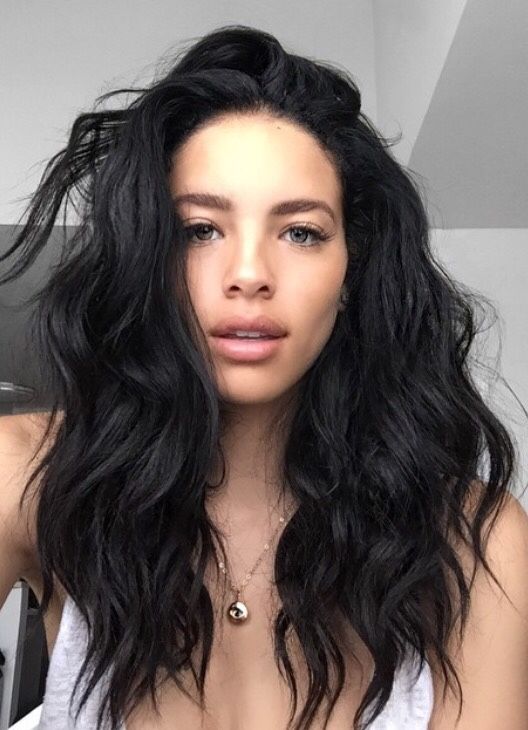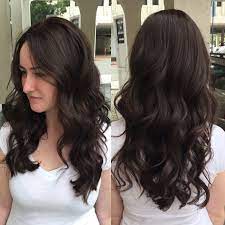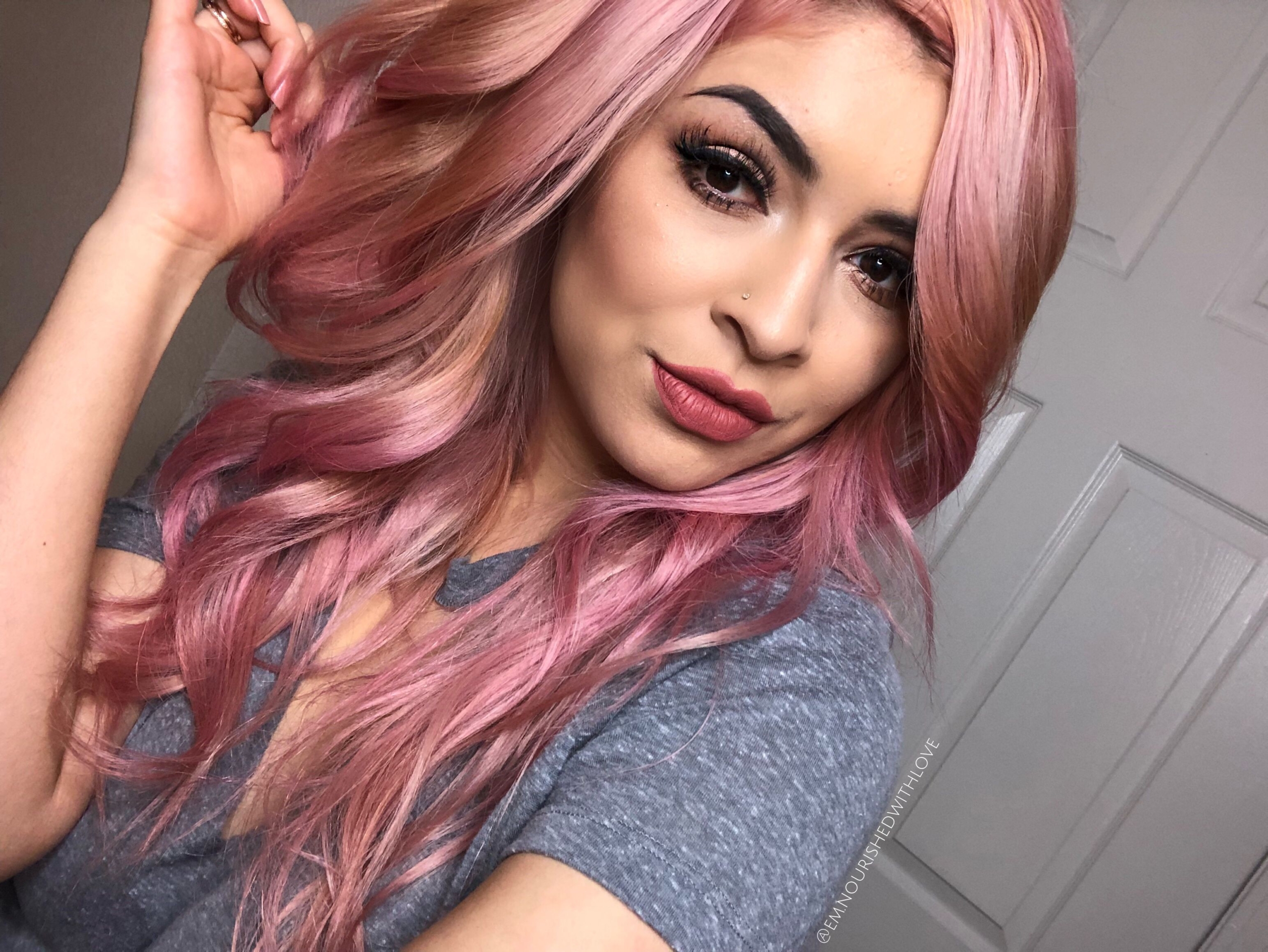
The black hair movement represents identity, resistance, and self-empowerment. It goes beyond being a style trend.
Myth: Natural black hair does not grow.
Contrary to beliefs, natural black hair can grow longer than straighter textures when adequately moisturized and protected with styles.
Highlights can be an effective way to brighten dark strands quickly and subtly.
Opt for subtle highlights that seamlessly blend in with your base color to achieve an elegant appearance.
Origins
Black hair has been a powerful symbol since Ancient Egyptian times. Styles like dreadlocks, box braids, cornrows, and bantu knots conveyed power, resistance, and cultural identity beyond fashion.
African hair as a form of communication
African hair was used to communicate marital status, religion, age, and wealth. Even during slavery, Black men and women used their hair to signal escape routes or mark their place within the trade chain.
Styles
Black hair can be styled in various ways, including braids, cornrows, box braids, pixie-length coils, flat twists, and updos. Each style reveals something about the wearer’s history and identity.
Historical significance of Black hairstyles
Black hairstyles traditionally communicated marital status, age, religion, and social rank. From Queen Nefertiti’s painted sandstone bust to Afro shape-ups worn by Black activists, these styles symbolized empowerment and resistance.
Natural hair Movement
The natural hair movement encourages embracing kinky, curly, or twisted locks without chemical processing. Influencers like YouTubers and bloggers have led the campaign by sharing tips, product reviews, and tutorials on growing, maintaining, and styling textured hair.
Challenges and discrimination
Despite its popularity, the natural hair movement faces challenges, such as underrepresentation in product marketing and discrimination against certain hairstyles. This movement strives to counteract textures and Eurocentric beauty standards.
Celebrity embrace of afros
Many high-profile celebrities proudly embrace their afros, including Erykah Badu, Lupita Nyong’o, Janelle Monae, and Viola Davis. Some have even showcased their natural hair at awards shows.
Social impact
As black hair becomes more accepted, communities experience more love and acceptance. People embrace their natural locks, accept textures, and explore creative styling options. However, discrimination persists in schools and workplaces, leading to reprimands and restrictions on certain hairstyles.

